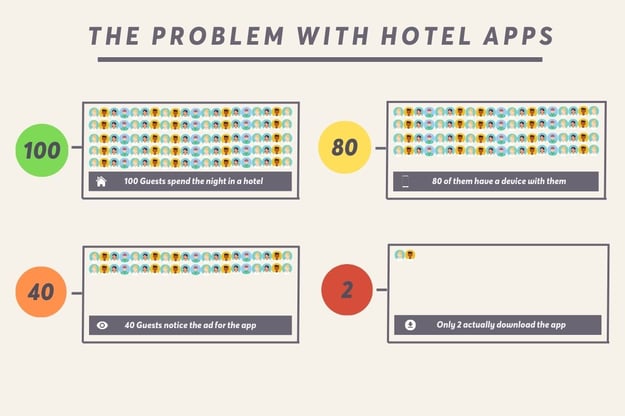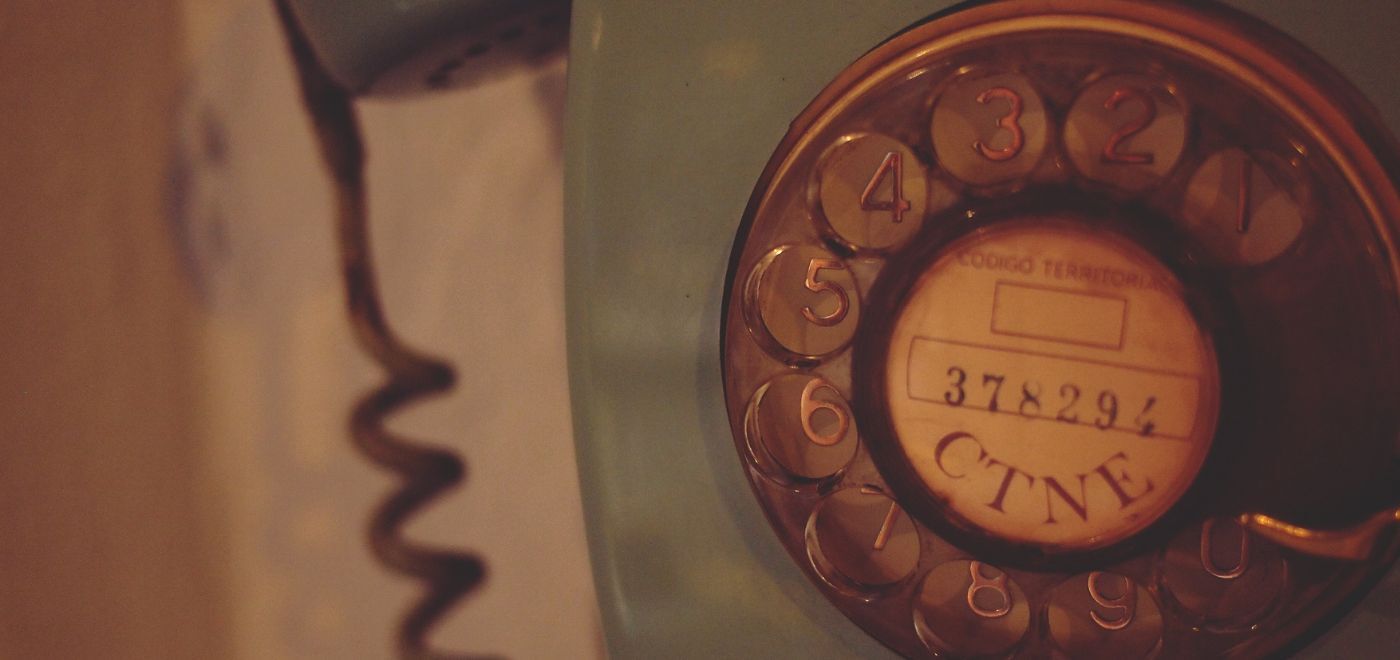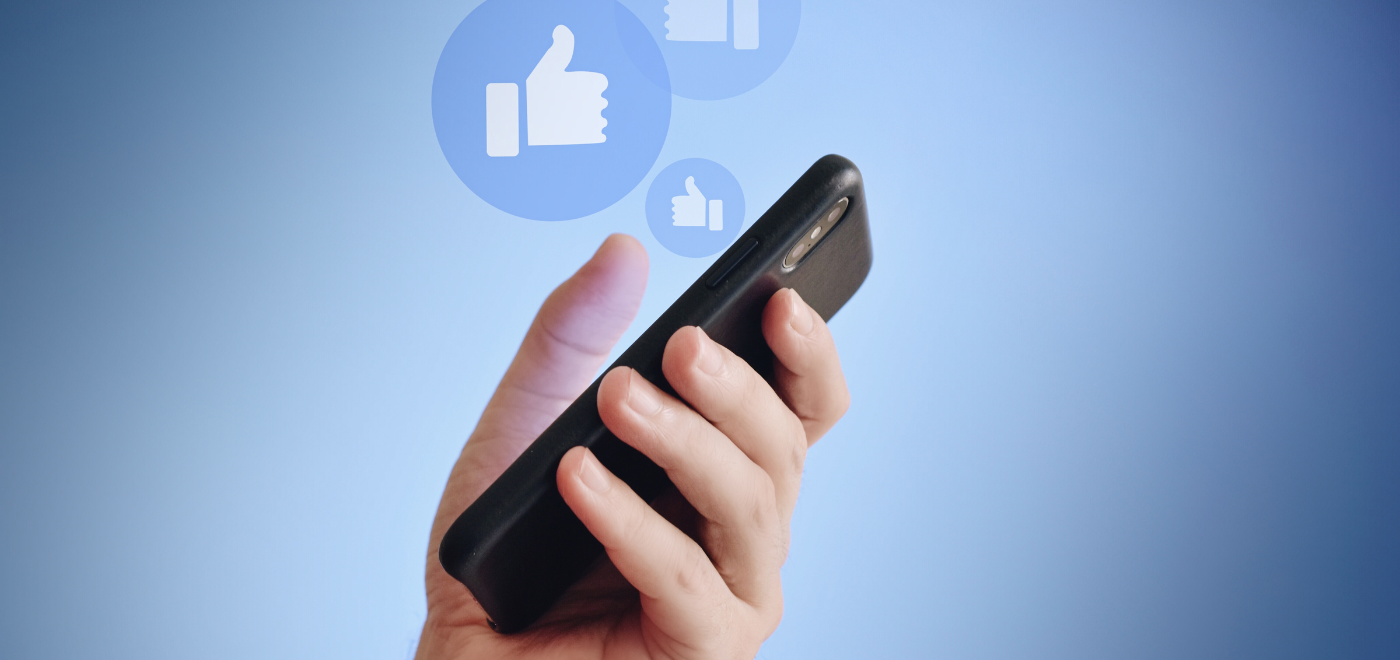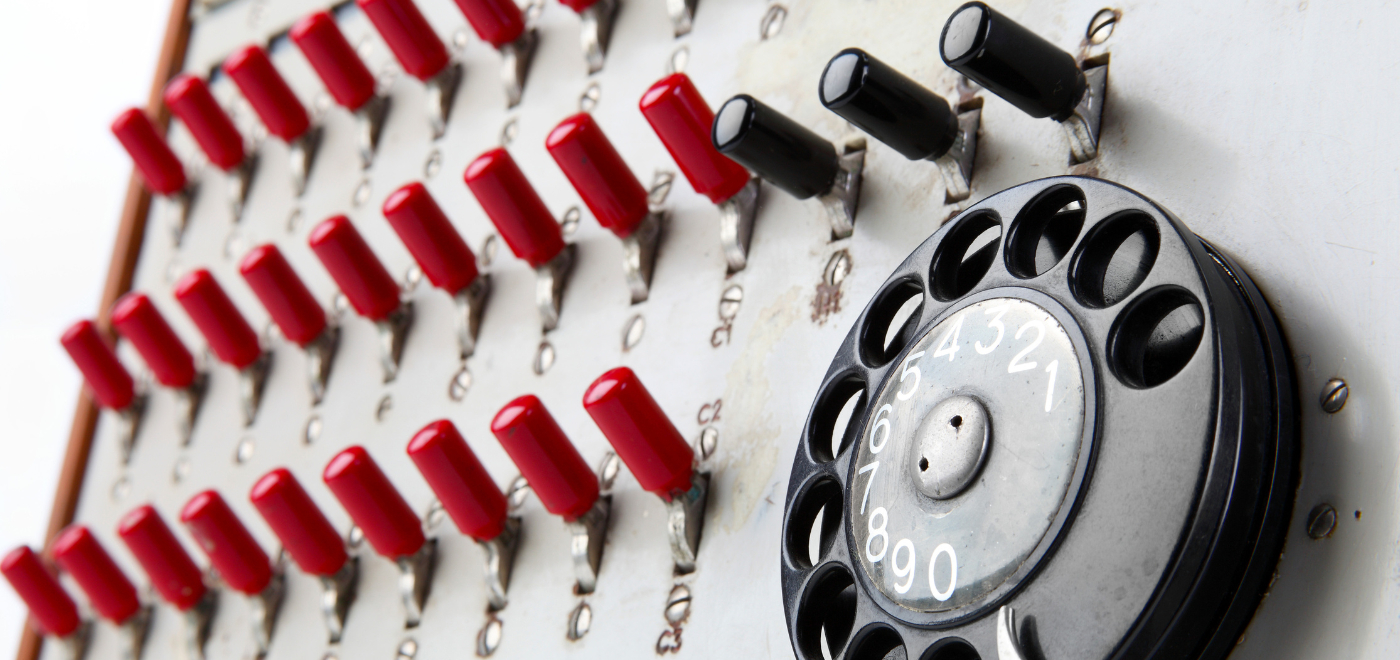![]() The increase in digitalization no longer spares the hospitality industry, forcing hoteliers to invest in digital solutions that make the most sense. Why do hotel apps fail to live up to the trend and what alternatives are there on the market?
The increase in digitalization no longer spares the hospitality industry, forcing hoteliers to invest in digital solutions that make the most sense. Why do hotel apps fail to live up to the trend and what alternatives are there on the market?
Today's hotel guests expect to be treated differently than they did 10 years ago. Mobile devices such as smartphones and tablets play a major role in this development. According to a TNS Infratest survey, the share of smartphone owners in Germany alone rose by 13% and the share of tablet owners by 8% in comparison with the previous year. More and more hoteliers are acknowledging this trend and searching for useful tools to better meet the needs and demands of their guests during their stay. Two alternative solutions are possible: a mobile app for guests' own devices or an integrated tablet solution in the room.
What is the difference between a mobile hotel app and an integrated tablet solution?
Both solutions serve the hotel as marketing tools for selling additional products and services and improving their customer loyalty. A mobile app must be downloaded to a guest’s own smartphone or tablet. A SuitePad is an integrated tablet solution, that awaits the guest and is ready for immediate usage in his or her room. The in-room tablet PC is integrated into the internal software system, can be used to operate room equipment, serves as an entertainment device, and replaces the traditional guest directory, alarm clock, and TV guide, among others things. Critical in both cases is the reach and frequency of usage. When guests use the product, they discover the hotel's services, book them, and become a loyal customer. With this in mind, we will now analyze the dimensions of reach and usage frequency.
Hotel apps are not noticed enough
Let’s take a look at the numbers: 100 guests enter a hotel and about 80% bring their own smartphone or tablet device along. Hence, in theory, 80% of all guests would be able to download the hotel app. First of all, the app needs to be promoted in a way that informs the guest about its utility and arouses his or her interest. On average, about 50% of all mobile device owners will take notice of such an advertisement. Rather than heeding an app advertisement, the remaining 40 guests will want to do something entirely different: On the website, they mainly aim to book their stay, and upon arrival, they want to move into their rooms as quickly as possible.
After that, once they open the wifi login page they simply want to enter the internet immediately. As a result, only about 5% of the remaining guests will actually download the app. Hence, of the 100 guests that entered the hotel initially, only 2% will actually download the app (100 guests * 80% mobile device owners * 5% Download = 2 guests).
In the end, hotels invest a lot of time and money in a product that reaches only a very small portion of their guests. In comparison to mobile apps, we now consider the pre-installed tablet PCs in the hotel room. The guest entering his or her room will notice the device immediately and pick it up out of curiosity. Even guests without smartphones can use these tablets.
Furthermore, the obstacles associated with actually using the device are a lot smaller compared to a complicated download via an app store. Thus, our SuitePads have a significantly higher reach. In our experience, about 85% of all guests use their tablets several times a day (on average 2.3 times a day).
Challenge: Usage frequency of hotel apps
In addition, the challenge consists of convincing guests to use the hotel app on a regular basis. According to Localytics, 69% of apps are hardly ever used and a quarter of them will be opened only one more time after the initial download. This also applies to apps in the hospitality industry.
The advantage of in-room tablets is not only their exclusive content but also their role as an entertainment center. As guests read newspapers, book events, check the weather, or order room service, they will generally spend more time with the integrated solution than with the mobile app.
Why hotel room tablets are better than hotel apps
Only when a hotel app or an integrated tablet solution provides guests with true value will it be acknowledged and utilized. The constant maintenance, poor limited reach, and poor usage rate prove that hotel room tablets are superior to hotel apps. By contrast, in-house tablets such as SuitePad give a lot more value for money due to their high usage statistics. Attractive content and complimentary services constitute a true valueand enhance guest satisfaction. The tablets are used as a direct communication channel between hotels and guests and as highly effective marketing tools. During the hotel stay, guests can receive targeted offers and advertisements, while at the same time sharing their positive holiday experiences on social media and review platforms. Hence, SuitePads are clearly superior to mobile apps.
If you are interested in the subject or need further information, please do not hesitate to contact us. We are more than happy to speak in person with both potential future clients and cooperation partners.
Links:
- Verbreitung von Smartphones und Tablets 2013, 05.03.2013
- Gertschen, Alex: «In-House»-Apps für die Hotel Gäste. In: fokus, htr hotel revue, Nr.17,S.12, 25.04.2013.
- Walker, Joseph: A Look at How People Use Mobile Apps, WSJ Blog, The Wall StreetJournal, 14.06.2013.
- Published on August 05, 2014
.jpg)






.png)
